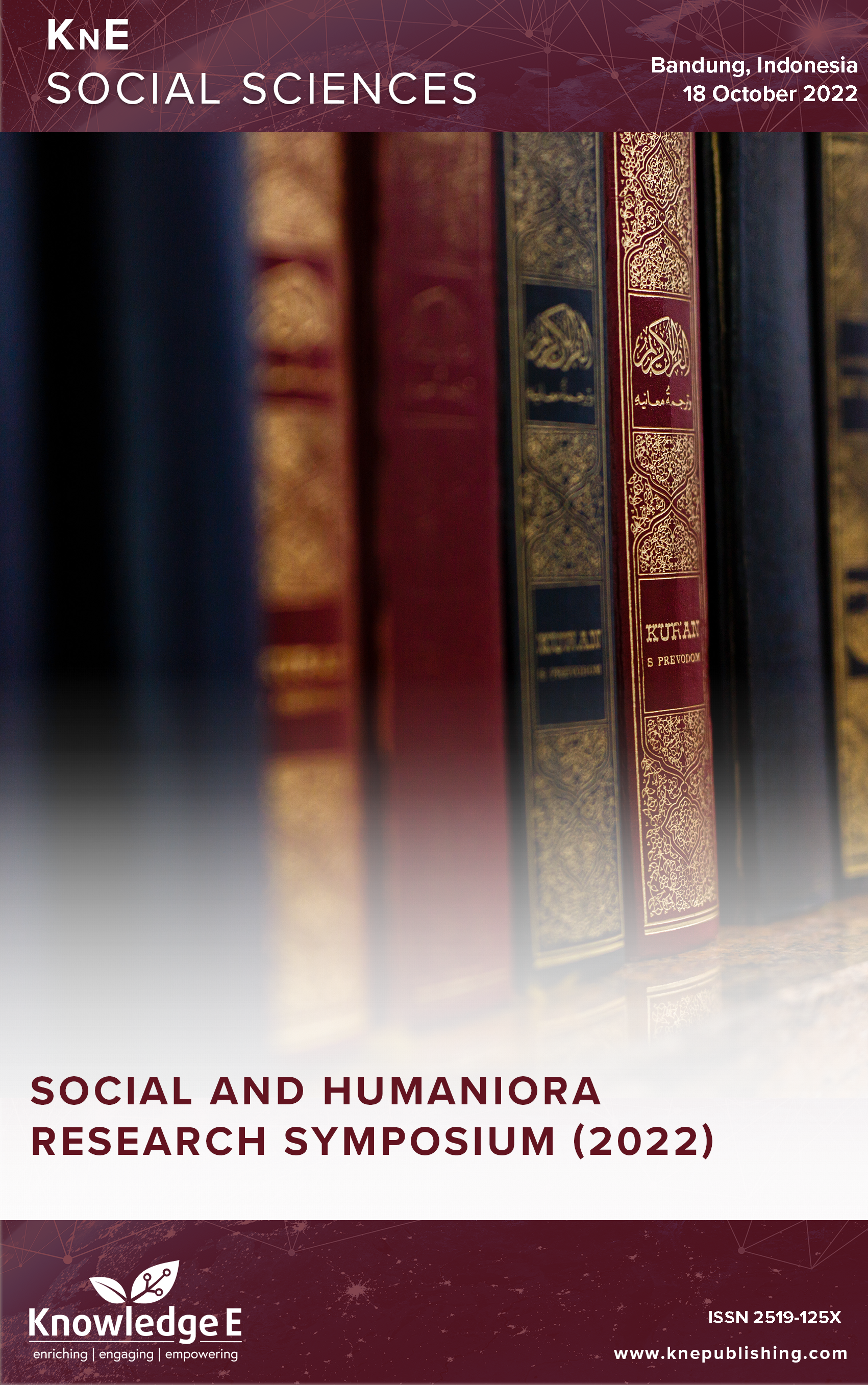Measuring the Performance of Islamic Banking in Indonesia with Maqashid Sharia Index: Pre-Merger and Post-Merger Period
DOI:
https://doi.org/10.18502/kss.v8i18.14285Abstract
This study examines the performance of Islamic Commercial Banks in Indonesia in the pre and post-merger periods based on the combination of the Maqashid Syariah Index of Ibnu Ashur and Abu Zahrah. With three main indicators, namely tahdzib al fard (individual education), iqamah al adl ( justice), and maslahah (welfare). A comparative quantitative method using simple additive weighting (SAW) to measure the weight and performance rating of Islamic banking was used in this study. The results of the study indicated that the Islamic performance of Islamic Commercial Banks in Indonesia was below average. However, the merger has a positive impact on improving the performance of Islamic Commercial Banks in Indonesia in the post-merger period.
Keywords: Islamic performance, Maqashid Sharia Index, merger
References
[2] Zuraya N. Sharia Banking Market Share. Republika; 2022.
[3] Ullah MH, Khanam R. “Whether Shari ‘ ah compliance efficiency a matter for the financial performance : The case of Islami Bank Bangladesh Limited,”. J Islamic Account Bus Res. 2018;9(2):183–200.
[4] Antonio MS, Sanrego YD, Taufiq M. An analysis of Islamic banking performance: MaqashidIndex Implementation in Indonesia and Jordania. J Islam Financ. 2012;1(1):12–29.
[5] Tarique KM, Islam R, Mohamed MO, Razak DA, Bin Hamdan H. Constructing a Maqasid (objective) based performance measurement index for Islamic banks. Int J Anal Hierarchy Process. 2020;12(2):328–354.
[6] Ibrahim WH, Ismail AG. Do Regulation, Maqasid Shariah and Institutional Parameter Improve Islamic Bank Efficiency? J Islam Monet Econ Financ. 2020;6(1):135–162.
[7] Supriyono S, Rodoni A, Suparno Y, Hermadi H, Nafisah H. “Efficiency performance analysis of Panin Dubai Syariah Bank in collecting and distributing third party funds before and after merger.” I-Finance a Res J Islam Financ. 2019;5(1):46–56.
[8] Tyas AA, Rusydiana AS. “The pre-merger efficiency of banks: Evidence in Indonesia state-owned Islamic Banks.” J Ekon dan Bisnis Islam ( Journal Islam. Econ. Business). 2021;7(1):1. https://doi.org/10.20473/jebis.v7i1.23319
[9] Patel R. Pre & post-merger financial performance: An Indian perspective. J Cent Bank Theory Pract. 2018;7(3):181–200.
[10] Law Of The Republic Of Indonesia. Procedures for writing off remaining assets from the banking restructuring program. No 21 Of 2018. Jakarta: State Secretariat; 2008.
[11] Bank Indonesia Regulation No 6 Of 2004. 2004.
[12] Bank Indonesia Regulation No 13 Of 2011. 2011.
[13] Financial Services Authority with OJK regulation No. 08 of 2014. 2014.
[14] Nurmahadi N, Setyorini CT. “Maqasid Syariah Dalam Pengukuran Kinerja Lembaga Keuangan Syariah di Indonesia,” JAS ( Jurnal Akunt. Syariah), vol. 2, no. 1, pp. 29–55, 2018.
[15] Laws Of The Republic Indonesia. Regarding Limited Liability Companies. No 40 Of 2007. Jakarta: State Secretariat; 2007.
[16] Moreira AC, Silva P. Handbook of research on corporate restructuring and globalization. IGI Global; 2019. Page 124,” 2019.
[17] Biasmara HA, Srijayanti PMR, “Mengukur Kinerja Pra Merger Tiga Bank Umum Syariah dan Pengaruhnya Terhadap Return on Asset.” Monet - J Akunt dan Keuang.2021;8(1):70–78. https://doi.org/10.31294/moneter.v8i1.9977

